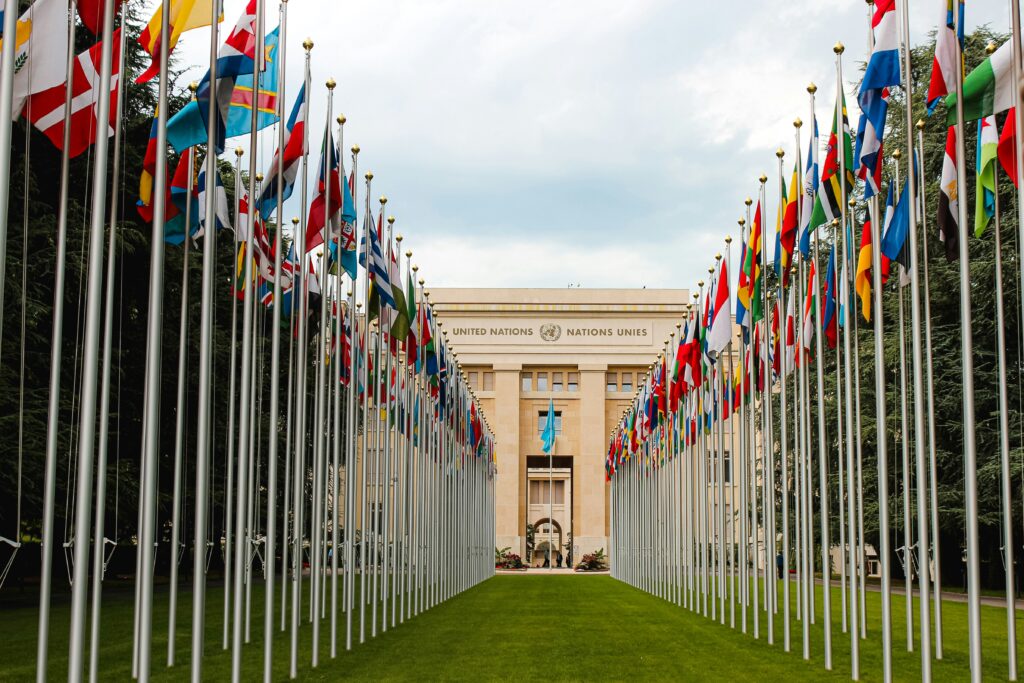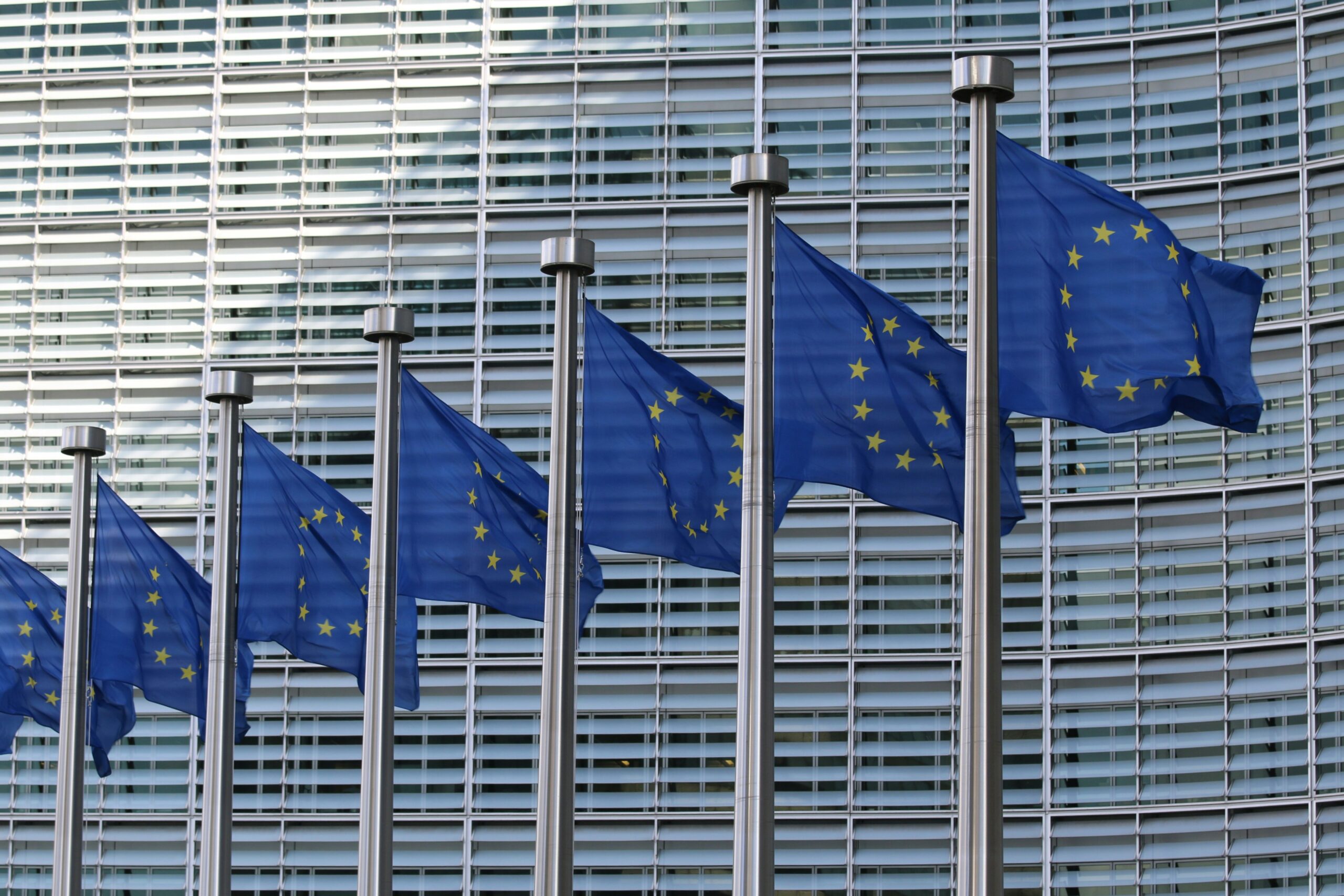The United Nations has played a multidimensional role in Haiti, striving to stabilize the country amidst political turmoil, natural disasters and humanitarian crises. Haiti, the poorest country in the Western Hemisphere, has faced challenges that have tested the resolve and resources of the international community. The UN’s involvement in Haiti has been essential, aiming to foster peace, security and development through various missions and initiatives. This article explores the complexities of the UN’s role in Haiti, highlighting its efforts, achievements and the challenges encountered along the way.
Historical Context
Haiti’s relationship with the UN began to intensify in the early 1990s, following a military coup that ousted President Jean-Bertrand Aristide. The country plunged into chaos, prompting the UN to initiate a series of peacekeeping and stabilization missions. The most notable of these missions was the United Nations Stabilization Mission in Haiti (MINUSTAH), established in 2004 after another wave of political instability and violence. MINUSTAH’s mandate included ensuring a secure and stable environment, supporting the political process, and strengthening Haiti’s government institutions.
Key Areas of UN Engagement in Haiti
- Peacekeeping and Security: The cornerstone of the UN’s efforts in Haiti has been to provide a stable and secure environment. This included deploying peacekeeping forces to mitigate violence, protect civilians, and assist in maintaining law and order. Over the years, these forces played a crucial role in restoring relative peace and facilitating the conditions necessary for political and social development.
- Political Stability and Governance: The UN has worked extensively to support political stability and good governance in Haiti. This involved facilitating dialogue among political actors, supporting electoral processes, and aiding in the re-establishment and training of the Haitian National Police. The aim was to foster a conducive environment for democracy and governance reforms.
- Humanitarian Assistance and Disaster Response: Haiti is prone to natural disasters, most notably the devastating earthquake in 2010. The UN, through its various agencies, has been at the forefront of providing humanitarian assistance, including emergency relief, shelter, medical aid and food security. Moreover, the UN has engaged in long-term recovery and reconstruction efforts, focusing on building resilience against future disasters.
- Human Rights and Rule of Law: The promotion and protection of human rights have been a critical aspect of the UN’s work in Haiti. This includes monitoring and reporting human rights abuses, supporting the judiciary and enhancing the legal framework. The aim is to ensure justice for victims of abuses and to establish a culture of respect for human rights and the rule of law.
- Socio-Economic Development: Addressing Haiti’s profound poverty and underdevelopment is essential for its long-term stability. The UN has initiated various development programs targeting health, education, infrastructure and economic growth. These initiatives aim to improve living conditions, reduce poverty and lay the foundation for sustainable development.
Challenges and Controversies
The UN’s role in Haiti has not been without controversy and challenges. The most significant of these was the cholera outbreak in 2010, inadvertently introduced by UN peacekeepers, which resulted in thousands of deaths. This incident damaged the UN’s reputation and highlighted the importance of accountability and the need for effective measures to prevent such tragedies. Additionally, allegations of sexual abuse by peacekeepers have underscored the need for stringent oversight and ethical conduct within UN missions.
Conclusion
The United Nations’ engagement in Haiti represents a complex interchange of humanitarian, developmental and peacekeeping efforts aimed at supporting the Haitian people through their myriad challenges. While significant progress has been made in various sectors, Haiti’s path to stability and prosperity remains fraught with obstacles. The UN’s continued support, coupled with a commitment to learning from past mistakes, is crucial for Haiti’s future. As the international community reflects on its role in Haiti, the lessons learned can inform future interventions, ensuring they are more effective, accountable, and aligned with the needs and aspirations of the Haitian people.

